Black Panther: Wakanda Forever is weighed down by a slew of almost insurmountable burdens. Even before the sudden and tragic death of Chadwick Boseman, this was a movie with almost too much riding on it. How does one even begin to craft a follow up to a cultural juggernaut, which made over a billion dollars worldwide, was nominated for Best Picture at the Oscars, and is regarded as the pinnacle of representation of Black power and excellence on screen? Ryan Coogler already had a monumental task ahead of him, but with the passing of Boseman and a somewhat lackluster Phase 4, this sequel suddenly had more on its plate that any one film should.
It needed to be a fitting tribute to Boseman. It needed to anchor this phase of the MCU. It needed to set up characters and storylines for any number of movie sequels and television spinoffs. It needed to cater to the expectations of Black Americans, while still appealing to a global audience, all while working within the strictures of the Marvel method.
So, does it achieve everything it set out to do? Is it everything it needed to be? Yes and no.
The Dearly Departed
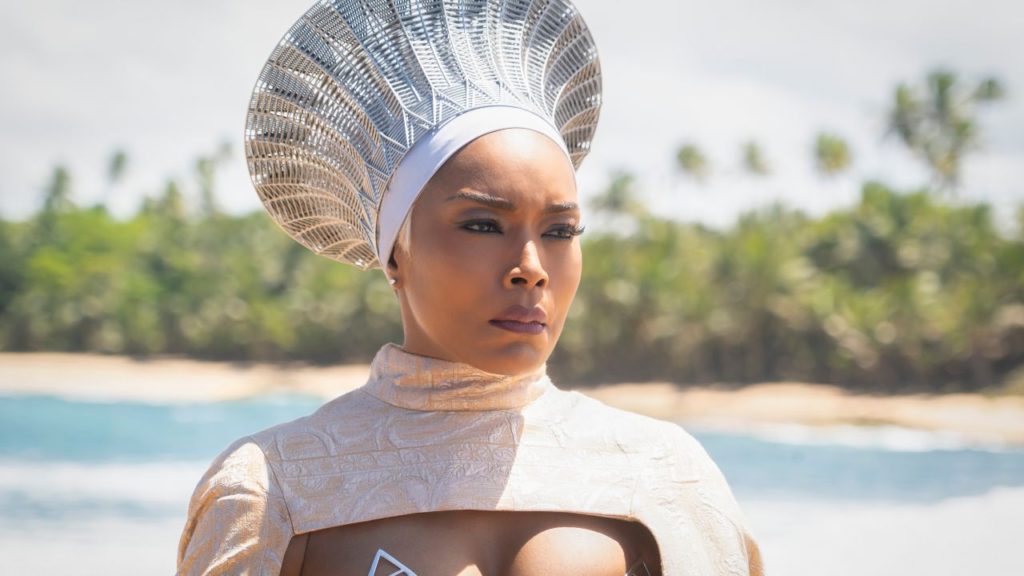
Black Panther: Wakanda Forever is most successful as a eulogy. It works best when it is a meditation on tragedy, and grief, and the limits of being a superhero. There is no doubt that Ryan Coogler has crafted the perfect tribute for both Chadwick Boseman and T’Challa. One that is bolstered by absolutely tremendous performances by Letitia Wright, Dana Gurira, Lupita Nyong’o, and Angela Bassett, and a stunning score by Ludwig Göransson.
His approach to dealing with Boseman’s death is beautiful and smart. He doesn’t dwell on it. He isn’t concerned with the why or the how. He’s only interested in the consequence of such a loss. And so the movie opens with T’Challa succumbing to a sudden death from an illness that he kept a secret from everyone, including his sister, Shuri. It just happens. Wakanda faces the demise of her King in almost the same way the world did with Boseman. It is one of those rare moments when life and art intersect in a way that allows for grief and catharsis without the need for exposition.
This is where the movie is at its strongest. Coogler mines his own anger, grief, and confusion over Boseman’s passing and uses it to tell a story that questions what it means to be a superhero and who it serves. It builds on the philosophical clash between T’Challa and Killmonger from the previous movie and continues to challenge us with regards to how we should address a world that isn’t black or white. It is an age old comic book struggle. Do you rise above the insanity of the world? Or do you succumb to an all consuming rage? What makes you a hero? What makes you a villain? Ryan Coogler takes on similar themes to that in Black Adam (Is violence necessary? Do we need to burn the world in order to remake it?) but executes them in a far cleverer and nuanced manner.
Black Panther has never been about the traditional hero’s journey and Wakanda Forever is no different. Coogler does well to break away from those typical tropes, crouching his story on the weight of duty, and tradition, and now tragedy.
Where the movie starts to fail, however, is when it is forced back into its MCU box and attemps to deliver a geopolitical thriller that ends up feeling a messy and inelegant.
Enter Namor
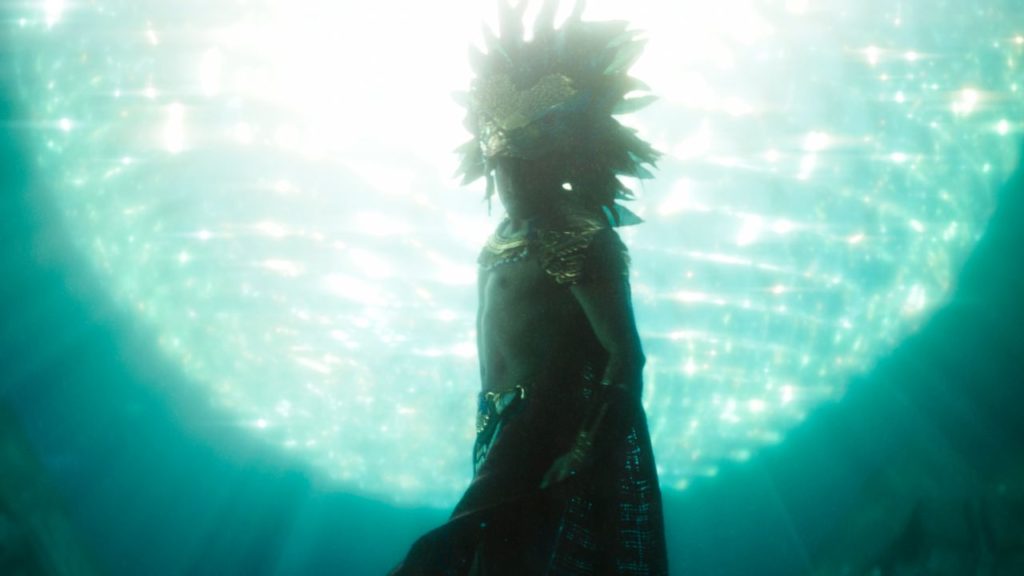
Now as you’d expect, when a nation like Wakanda loses a King, other countries are wont to smell weakness. The rest of the world is still hankering after Vibranium and are looking to exploit Wakanda’s tragedy as an opportunity. Which brings us to the thrust of this story. The French are using covert strike teams to try and steal Vibranium. The CIA is looking to destabilize yet another African country for their own needs. And into all of that comes Namor and his Talokans, a mysterious new underwater nation who are as worthy and as powerful as the Wakandans themselves.
We learn from the movie that Wakanda isn’t the only place in the world where Vibranium exists. The Talokans have also had their lives transformed by this mysterious metal. And being one of the earliest victims of colonization, they too are paranoid isolationists who have spent generations hidden away from the world. All of this lays down some interesting groundwork that challenges not just the Wakandan’s place in the world, but also their founding myths and what they mean.
It is a real pity that none of it is really explored in any detail. The movie introduces Dominique Thorne as Riri Williams but does about as much with her as Multiverse of Madness did with America Chavez. (She too is a bit of a glorified MacGuffin in the movie.) Everything with Martin Freeman’s Everett K. Ross and Julia Louis-Dreyfus’ Valentina Allegra de Fontaine feels forced and shoehorned. Even boring. And worst of all is that none of it really goes anywhere. This is a movie that does so much set up for so many interesting ideas, but doesn’t have the time or the inclination to finish any of those thoughts. It is overfilled and overtaxed. It tries to do so much that it ends up losing sight of what is important.
The Weight of Expectation
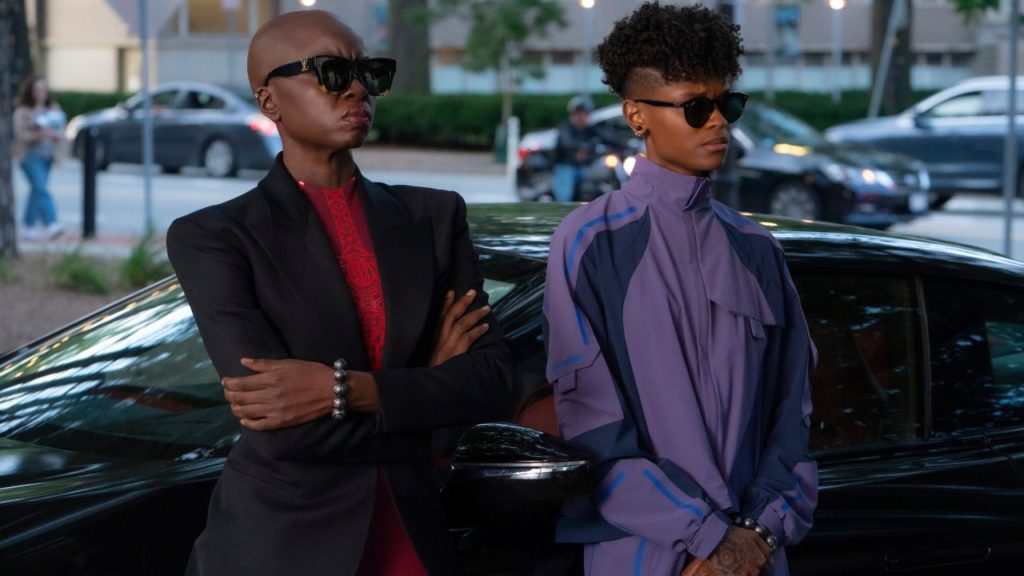
Black Panther: Wakanda Forever isn’t a bad movie. There is plenty to love here. The Afrofuturism is astounding. The music is fantastic. The performances are incredible. And the world building is second to none. Marvel continues to kill it when it comes to creating these rich mythologies and lived in cultures. (Here’s a cool superhero show that happens to be crouched in Muslim traditions and lore! Look at this underwater civilization who are similar to the Aztecs!) It’s all very sneaky and smart.
What’s more, Black Panther: Wakanda Forever also gives us a superhero movie, led exclusively by Black women, that is powerful and representative, and does all of that while remaining accessible to everyone.
The problem here is that this movie isn’t as focused or as surefooted as Marvel’s best efforts. But that really was to be expected. There was no getting around the messiness of this movie. Especially when we too haven’t yet come to terms with the messiness of our own feelings about everything that has happened. Black Panther: Wakanda Forever is a noble but flawed attempt at dealing with that. It tries hard, and does a lot, but much like Avengers: Age of Ultron, ends up feeling weighed down.

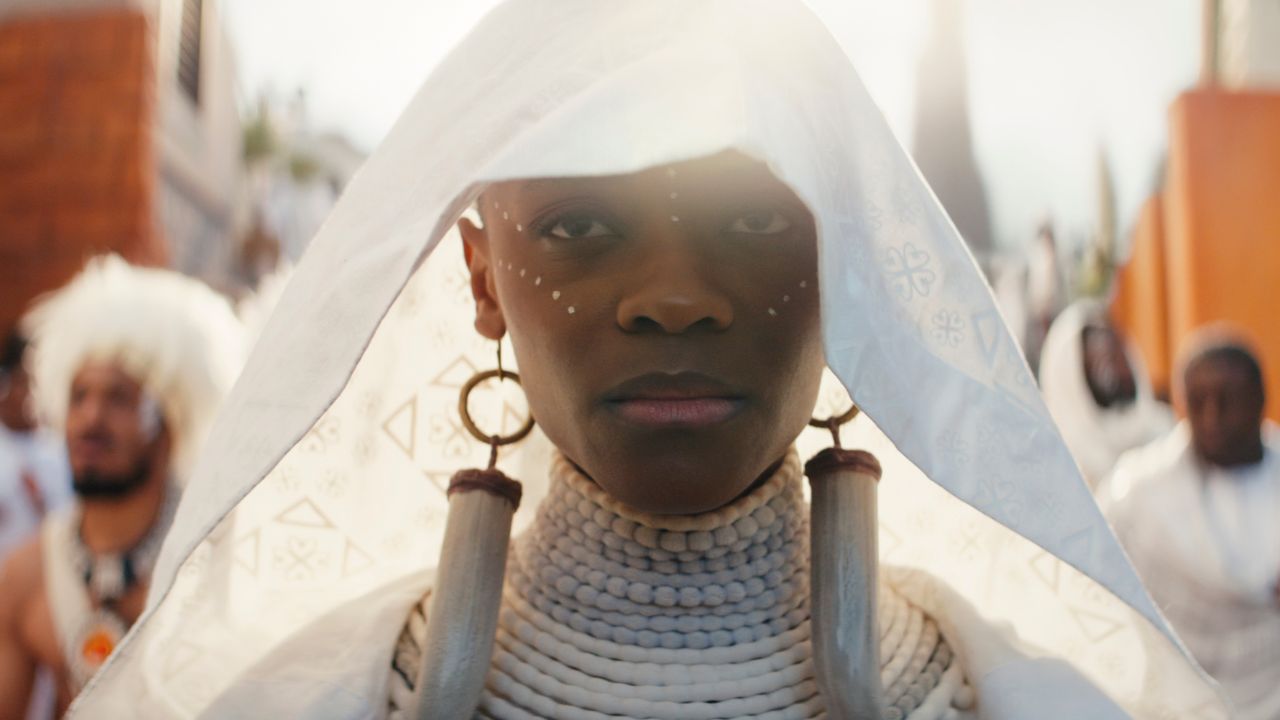

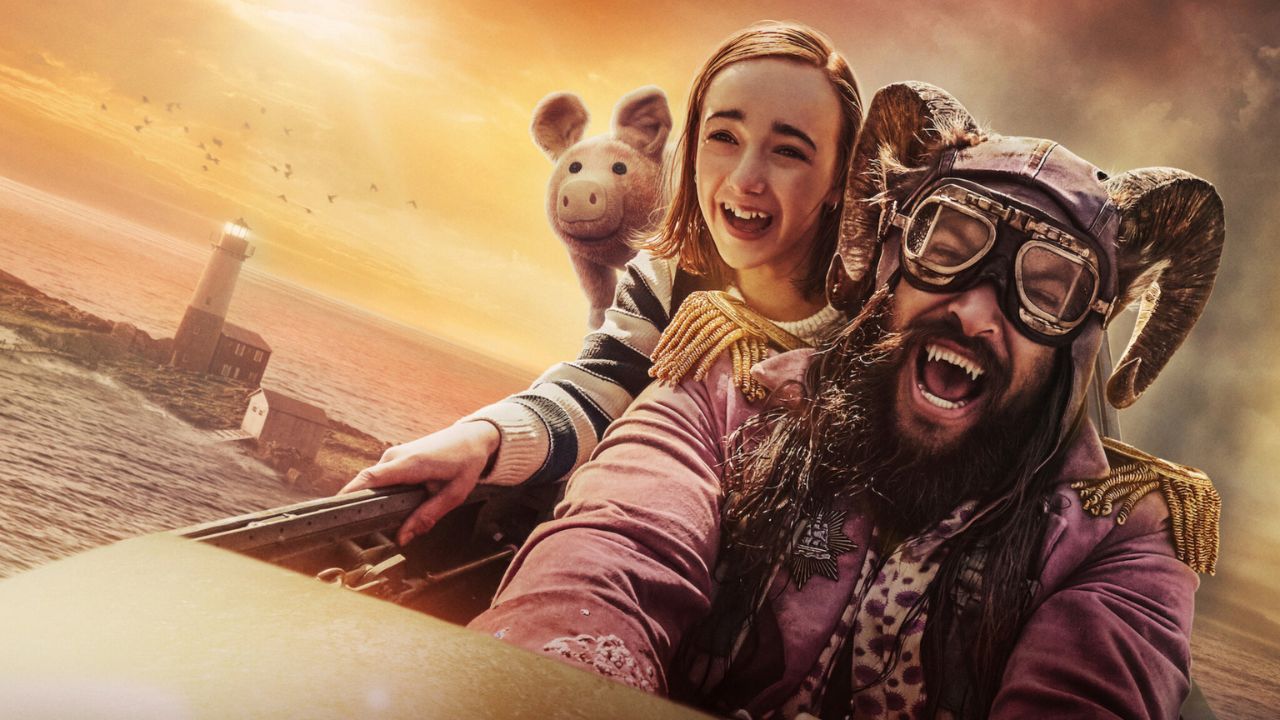
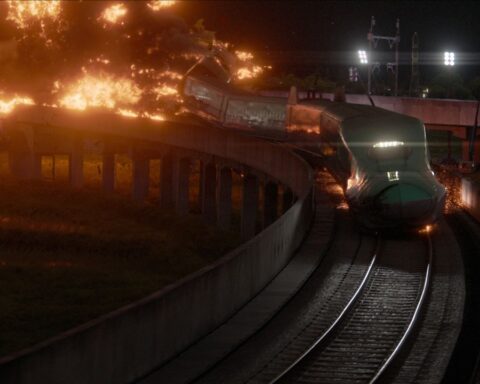
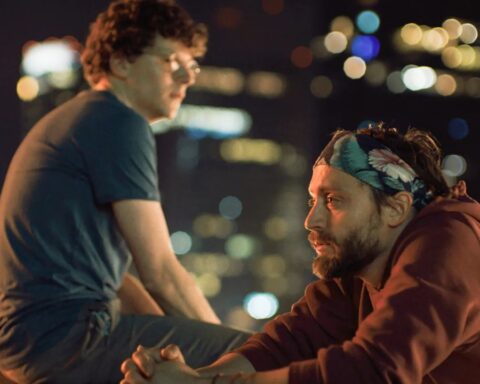
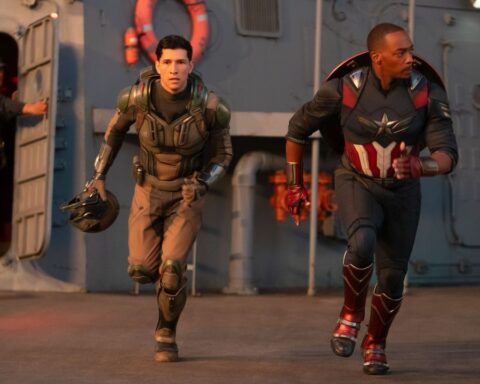
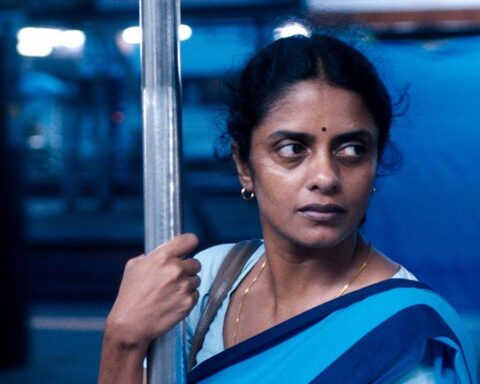

Follow Us